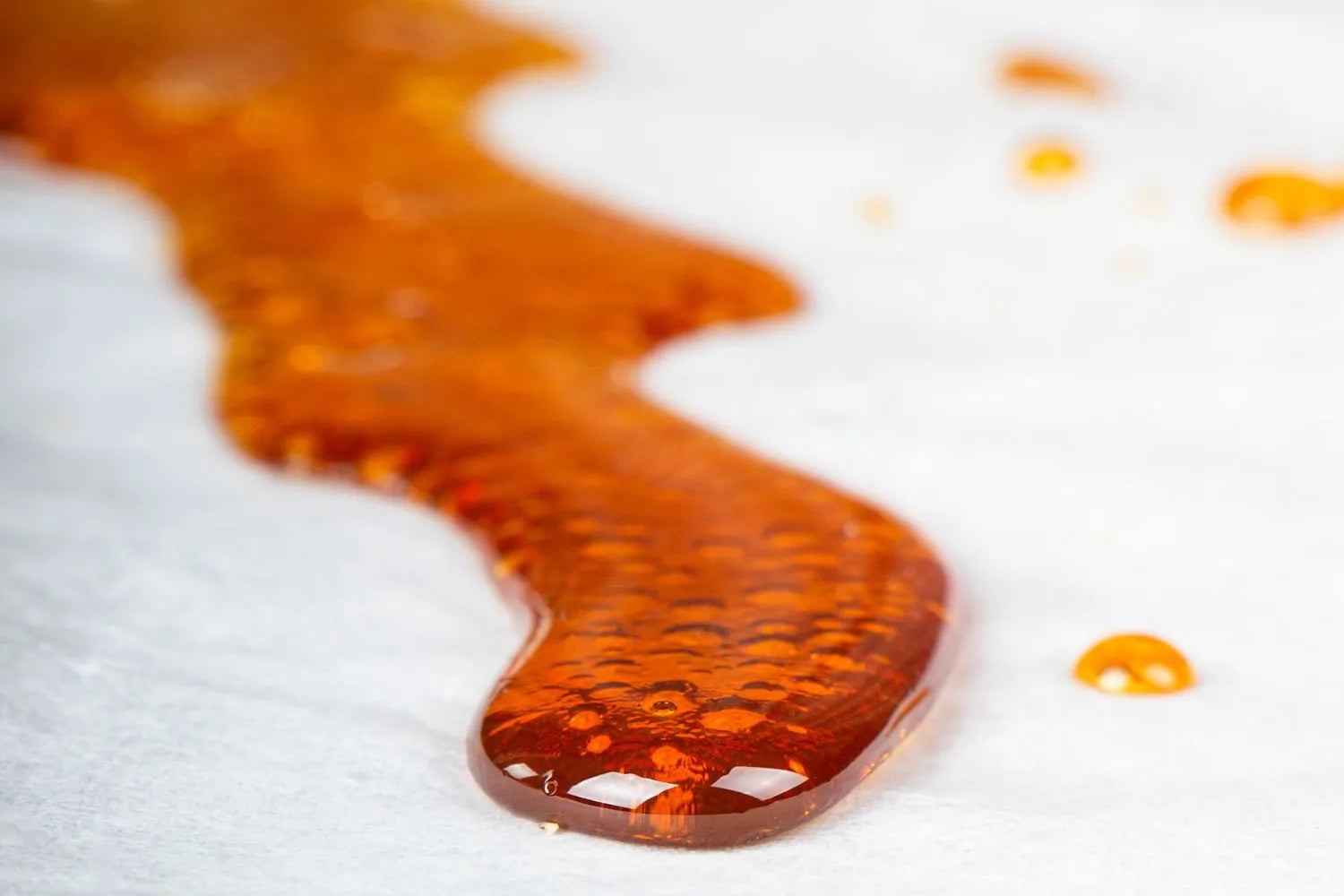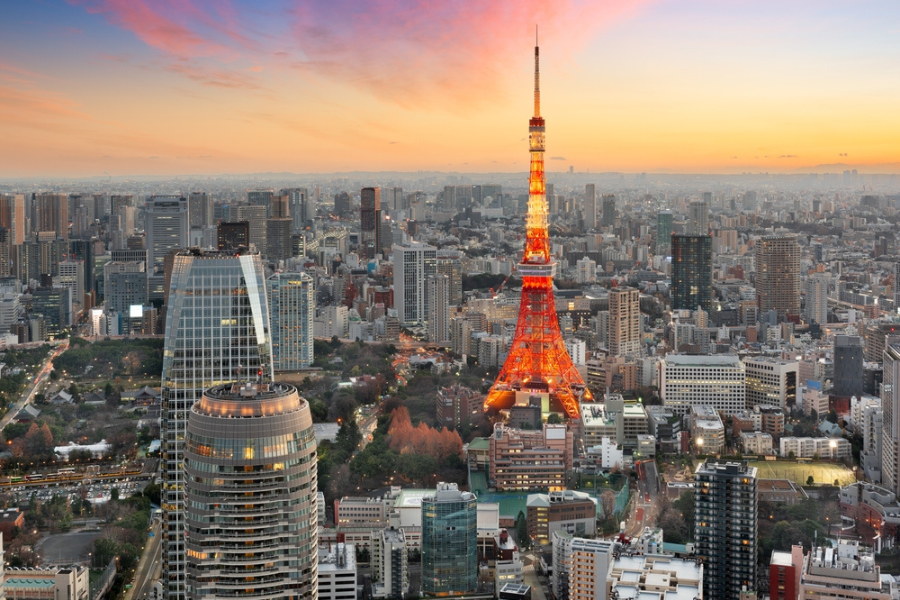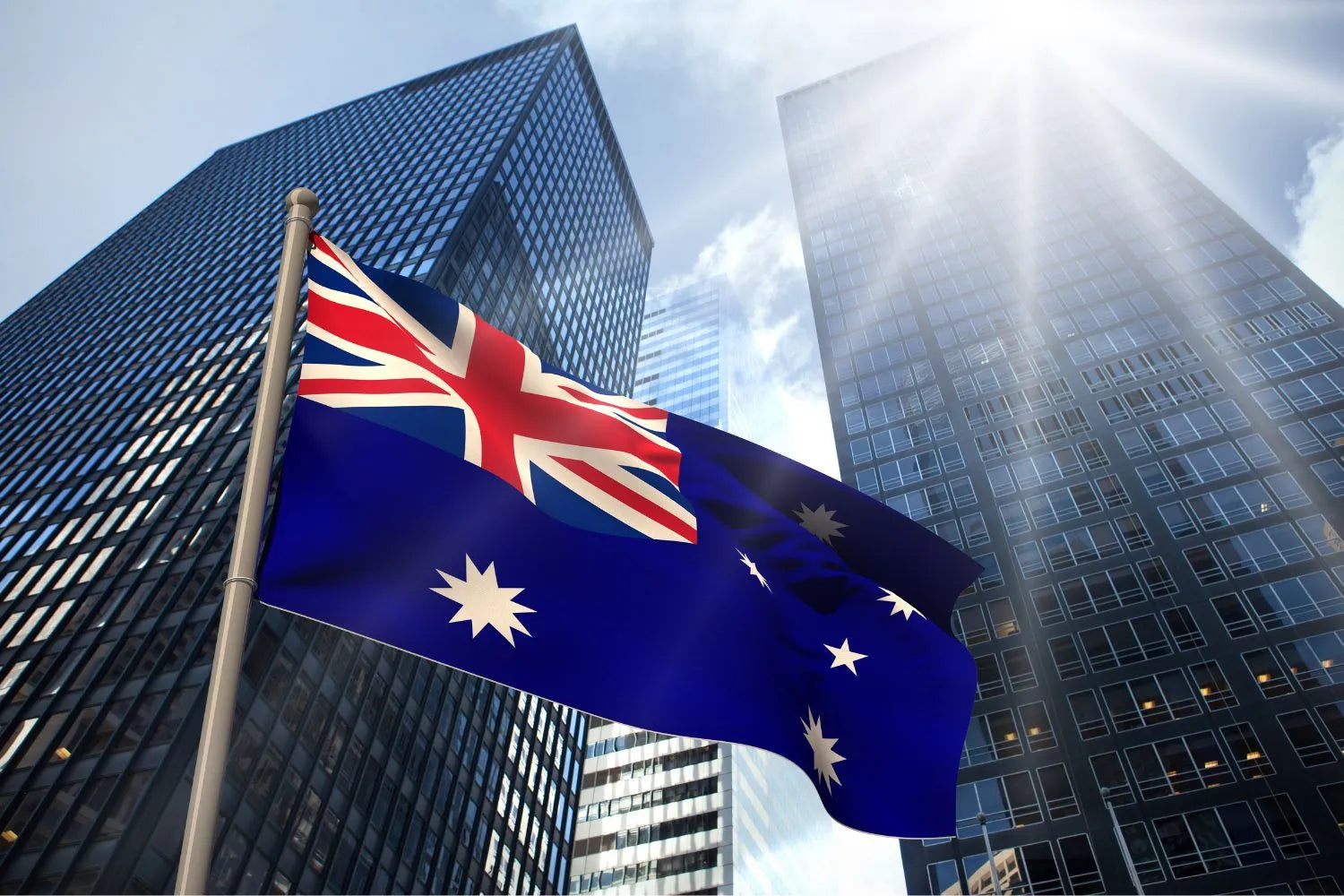Although Japan isn't the first country we think of when we picture cannabis, the plant has a long track record in the country.
The earliest recorded use of cannabis was by Japan's longtime neighbor, China, in 2727 B.C.E. Japan reportedly used hemp for textiles, clothing, and rope. Archaeologists are confident the plant reached Japan 10,000 years ago when the Jomon people migrated to the area.
This starkly contrasts today's landscape, where U.S. influence changed public attitudes about the plant after World War II. In 1948, Japan passed the Cannabis Control Act, signaling the beginning of a pattern many nations would follow
But the late 20th and early 21st centuries, cannabis perception changed again, eventually leading to legalization efforts in Uruguay, Canada, and a growing number of U.S. states.
CBD has been legal in Japan since 2013. In 2024, the country proposed amending its laws on THC content for products in its budding CBD market.
But what do these laws involve? How do they compare to the rest of the world's? Most importantly, how will this affect access to CBD in Japan?
Japan's Cannabis Laws
Recreational cannabis remains illegal in Japan, as per the Cannabis Control Act. On the surface, the laws in Japan governing hemp plant products mirror those of North America and Europe.
Hemp fibers and hemp plant extracts have been allowed in Japan since 2013.
However, the new proposed THC limits could cause problems for the Japanese market.
Is CBD Legal in Japan?
Yes, CBD is legal in Japan. Unfortunately, the new regulatory measures could complicate the manufacture and sale of CBD oil and other CBD products.
2013 CBD Laws
Japan started regulating CBD before the U.S., despite most of the fanfare originating here at home. Until Japan implements the new rules, CBD must contain no more than 0.3% THC.
This mirrors North America and Europe, which enforce THC limits of 0.3% and 0.2%, respectively.
Japan's 2024 Legislation
As CBD gained popularity, the Japanese government decided to re-examine some of the regulations around CBD supplements. However, these rules - first drafted in May of 2024 - may stifle the industry's ability to grow hemp and produce extracts.
What Types of CBD Products Are Allowed in Japan?
Japan's CBD market currently allows vendors to carry three types of products.
CBD Oil
CBD oil is not just a staple of contemporary medical cannabis. The first evidence of medical cannabis use describes an oil product.
Although approved by the FDA for medical use in epilepsy patients, research is still ongoing regarding CBD's other potential applications.
The product comprises a carrier oil infused with full-spectrum, broad-spectrum, or isolate CBD. Consumers administer the oil sublingually, allowing it to sit in the mouth for 60 to 90 seconds. This allows some cannabinoids to be absorbed through the membranes and capillaries in the mouth.
Once ingested, it can take 30 minutes to two hours to feel the full benefits.
CBD Beverages
Water-based beverages or "aqueous solutions" are also highly popular. Since the human body is 70% water, there are multiple pathways to absorb CBD from beverages into the bloodstream, leading to a much faster onset of effects.
Edibles
Edible cannabis is virtually iconic in modern-day culture. It's also a popular consumption method for CBD users.
Products like gummies or pills are discreet and easy to take. Unfortunately, they're also the least efficient.
Unlike oil or drinks, solid products must be processed through the liver before cannabinoids can enter the bloodstream. Consequently, it can take up to three hours for the full effects to begin.
Vaping
Vaping has some unique benefits. Unlike edibles, inhaled CBD passes into the bloodstream within seconds. It's an excellent option for individuals who require fast, convenient relief.
However, the effects of vaping don't last as long as edibles, peaking at around 30 minutes and wearing off within about four hours.
What Options Are Not Allowed in Japan?
Although most CBD products are allowed in Japan, some aren't permitted.
THC Products
Possession and consumption of THC remain illegal in Japan. Under Japanese law, possessing even small amounts of high-THC cannabis can lead to five years in prison.
Cultivation carries a stiffer penalty, punishable by up to seven years imprisonment.
Smoking
Smoking is one of the most common cannabis consumption methods. However, we still don't fully understand the long-term health ramifications. It's already established that cannabis smoke - while not as laden with toxins as tobacco - can still make us more vulnerable to upper respiratory infections or conditions like chronic bronchitis and asthma.
Individuals burn dry cannabis in a water pipe (bong), hand pipe, or joint, inhaling the smoke to absorb its cannabinoids. The effects, like vaping, are almost instant and last about two hours.
Although vaping CBD is legal in Japan, smoking dried cannabis flower is still illegal.
How to Legally Import CBD in Japan
The details vary depending on where the CBD products originate. However, the overall process is universal.
To import CBD into Japan, individuals have to apply for permission from the Ministry of Health, Labor, and Welfare (MHLW) Department of Drug Control.
The MHLW requires several documents to prove that the cultivation, extraction, and formulation processes meet Japan's regulations.
Due to the complexity of the application process, many aspiring vendors enlist the help of consultants or attorneys.
THC Limit in Japan's CBD Industry
Since Japan's regulations classify THC as an illicit substance, Japan's CBD industry has to maintain a maximum THC level. This differs from one product to another.
However, the limits in the new draft regulations are so strict on THC, that the future of the industry is in jeopardy.
The new rules propose a THC cap of 10 ppm for CBD oil, while edible and smoked products can't contain more than 0.1 ppm.
However, this may demolish the CBD industry in Japan.
Concerns About the New Legislation
Although well-intentioned, the 2024 overhaul can—and likely will—backfire. Industry experts warn that these regulations could make it virtually impossible to sell CBD oil in Japan.
Testing
One problem with the new limits is that most testing equipment can't detect such small trace amounts of THC.
Roger Nakawaza, CEO of the Asabis cannabis company, tells Time Magazine:
“It’s very difficult for most of the laboratories to meet the standard in a stable way. Many laboratories might cheat."
In short, companies can exceed the minuscule THC limits, as long as they aren't high enough to appear on a third-party lab test.
Black Market Products
Another problem (and this has been observed in countries like Canada, who limit their THC to 10 mg in edibles) is that customers who don't want impossibly purified isolate will have no other alternative but the black market.
Unfortunately, the ramifications could be catastrophic for CBD consumers.
“I wouldn’t say it should be free without any rules. We should set some rules, of course," says Roger Nakwaza. “But if we make it too strict, the black market will be bigger...nobody can control the quality, and it will affect public health.”
Market Viability
The problems mentioned above may not apply if the worst should happen. Specifically, the draft legislation could destroy the legal CBD industry in Japan.
Toshiki Inoue of the Chillaxy cannabis brand paints a dire picture, telling Time Magazine that, “if this goes through, I would say … 90% of the businesses will go out of business."
According to Toshiki, "close to none" of the CBD in Japan can comply with the small THC limit.
What Does "PPM" Stand for?
Ppm (parts per million) is a unit used to measure the concentration of a compound in water or soil. Translated into percentages, the THC limits for CBD products in Japan are 0.001% for oils, while water-soluble and edible products are capped at 0.1 ppm (0.00001%).
Are Minor or Synthetic Cannabinoids Allowed in Japan?
When it comes to minor and synthetic cannabinoids, Japan's laws mostly overlap with the U.S.
Minor Cannabinoids
Other cannabinoids exist on the market in the U.S., such as CBN, CBG, CBC, and delta-8 THC. However, the laws on these products in Japan differ slightly from those here at home.
Unlike in the U.S., THC products, such as delta-8, are prohibited in Japan. However, non-intoxicating minor cannabinoids are permitted.
Synthetic Cannabinoids
Although available in many less-than-reputable locations, synthetic cannabinoids are illegal in the U.S. and Japan.
These compounds are meant to mimic the effects of THC, but pose a massive health risk. In some cases, consuming synthetic cannabinoids can be fatal.
Where to Find a CBD Manufacturer That Meets Japan's Strict CBD Laws
Despite the challenges ahead, many CBD brands are committed to remaining compliant with the upcoming Japanese legislation.
Arvanna's Flux CBD Isolate is one of the few products that successfully falls well below the 10 ppm threshold, despite most isolates containing 100 to 150 ppm.
Showing a THC content of 0.0% and over 98.5% CBD, this flavorless, odorless, crystalline isolate is considerably cleaner than comparable products on the market. Customers can feel safe knowing that the product contains no detectable amounts of contaminants or solvents, including heptane.
Customers can easily verify the product's quality and purity thanks to rigorous third-party testing conducted in U.S. labs.
Where to Buy CBD in Japan
There are many places to buy CBD in Japan. However, it's hard to know if the CBD sold in convenience stores and stands is safe, effective, or even actual CBD.
We recommend the following places to purchase hemp plant extracts in Japan.
Health Food Stores
Some health food stores may carry CBD. Typically, these locations carry highly nutritious foods, supplements, and other all-natural products. It's a perfect home for CBD extracts.
CBD Stores
In larger cities like Tokyo, CBD is available in specialized stores. However, these may not be as common in less densely populated areas.
Online
Like in the U.S., customers can purchase CBD from various e-commerce vendors. We recommend this option because it offers the largest selection of products.
It's also likely that buying directly from the vendor is cheaper than in-store.
Frequently Asked Questions
Is CBD Illegal in Japan?
No, CBD is not illegal in Japan as long as it adheres to strict THC limits.
What is the THC limit for CBD products in Japan?
As we covered earlier, the THC limits for CBD products in Japan are 10 ppm (0.001%) or 0.1 ppm (0.00001%) for other products.
Can I travel to Japan with CBD?
No, you can't travel to Japan with CBD. Although both the U.S. and Japan can sell the products, cannabis is still considered illegal internationally.
Is Broad Spectrum CBD Oil Legal in Japan?
Currently, broad-spectrum CBD oil is legal in Japan. However, even broad-spectrum can contain trace amounts of THC exceeding 10 ppm. Consequently, such products may disappear from the Japanese CBD market.
Can I buy CBD in Japan?
Yes, you can buy CBD in Japan from outlets such as health food stores, specialized shops, and online vendors.
How can I verify if a CBD product is legal in Japan?
Check the supplement's third-party lab reports to verify if a CBD product is legal in Japan. The extract must adhere to Japan's THC limits, as discussed above.
Conclusion
The Japanese CBD market started strong, with its 0.3% THC limit perfectly manageable by vendors. With the expected changes, however, the industry's future remains uncertain.
While individuals can still purchase CBD in Japan, only a few vendors will be able to meet the new legal standards.
Hopefully, some amendments will be made to the draft legislation for the sake of vendors and consumers alike.




